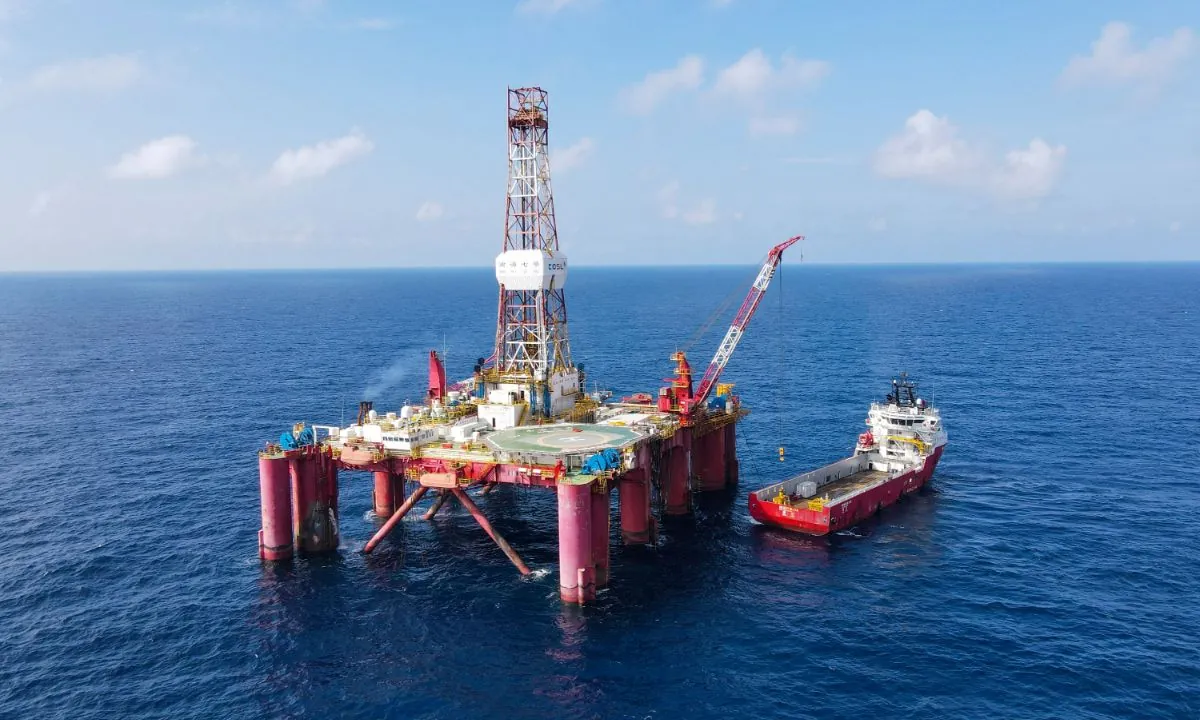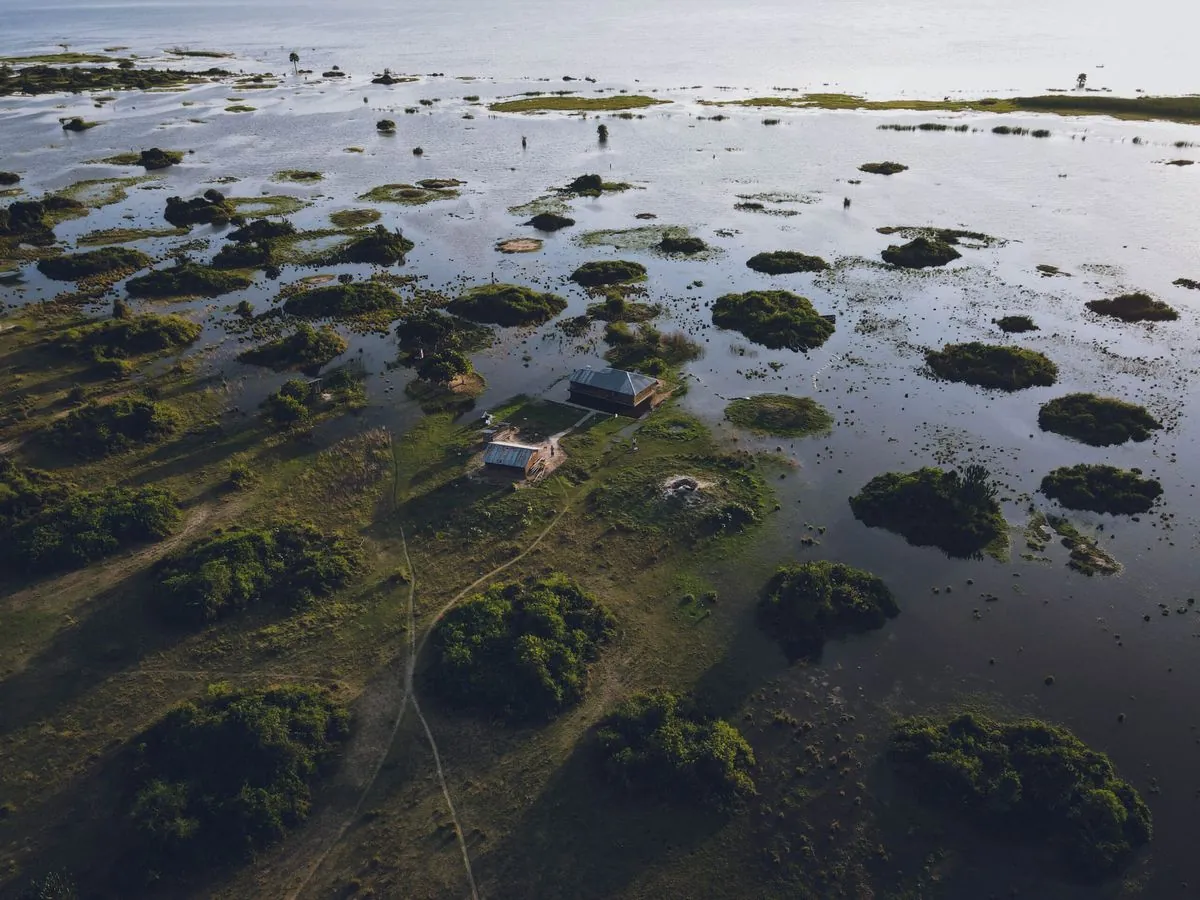Uganda's Oil Development Sparks Human Rights Concerns, Report Reveals
A new report highlights human rights abuses linked to oil activities in Uganda, focusing on CNOOC's project near Lake Albert. The findings raise questions about the social and environmental impacts of Uganda's emerging oil industry.

A recent report by Climate Rights International has shed light on the human rights implications of oil development activities in Uganda. The study, released yesterday, focuses on the shores of Lake Albert, where the China National Offshore Oil Corporation (CNOOC) is conducting operations as part of Uganda's emerging oil industry.
The report alleges widespread suffering among local communities, citing forced displacements, inadequate compensation, and violent abuses. These claims stem from the construction of a central processing facility in a shoreline area that many residents can no longer access.
Brad Adams, executive director at Climate Rights International, stated:
"It is appalling that a project that is touted as bringing prosperity to the people of Uganda is instead leaving them the victims of violence, intimidation and poverty."
The Kingfisher project, operated by CNOOC, is described as "not only a dangerous carbon bomb but also a human rights disaster." This development is part of Uganda's larger oil ambitions, with the country estimated to possess recoverable oil reserves of at least 1.4 billion barrels.
Uganda's oil journey began approximately 20 years ago when commercially viable quantities were first discovered in the Albertine Graben region. Despite this long-standing potential, production has faced numerous setbacks, including tax disputes, corruption allegations, and human rights concerns.
The total investment in Uganda's oil fields is projected to reach $15 billion. TotalEnergies, one of the world's seven "supermajor" oil companies, holds a majority stake of 56.67%, while CNOOC has 28.33%, and the Uganda National Oil Company, established in 2013, holds 15%.

A significant point of contention is the planned East Africa Crude Oil Pipeline (EACOP), which would span 1,443 kilometers from Uganda to Tanzania's port of Tanga. Environmental concerns have been raised as the pipeline would traverse ecologically sensitive areas, including seven forest reserves and two game parks, while also running alongside Lake Victoria, Africa's largest lake and a crucial freshwater source for 40 million people.
The Ugandan government, led by President Yoweri Museveni, who has been in power since 1986, has staunchly defended the oil projects. Officials argue that oil wealth has the potential to alleviate poverty for millions of Ugandans and have warned of seeking alternative partners if current collaborators withdraw.
As Uganda aims to commence oil production by 2026, the country finds itself at a crossroads between economic aspirations and environmental and human rights considerations. The development of its oil industry, part of Uganda's Vision 2040 plan for economic transformation, continues to be a subject of intense debate both domestically and internationally.


































